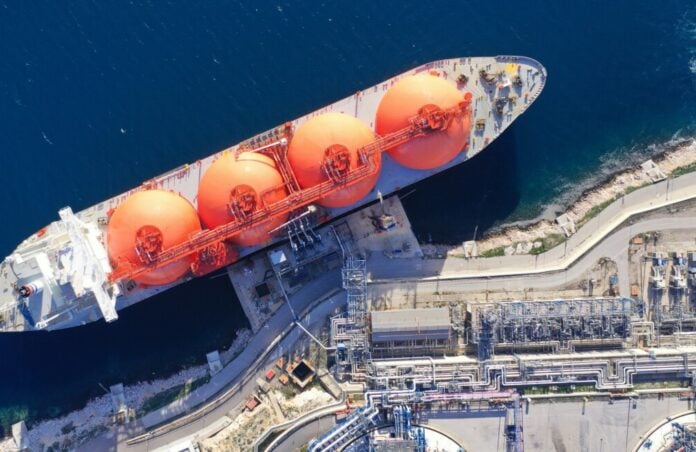Maritime research consultancy Drewry highlighted that falling LNG prices in 2023 and forecasts of low prices until 2028 will boost demand for LNG tankers, while at the same time, it added that infrastructure appears to be lagging behind fleet growth and potential demand, which could increase by 30 million tonnes until 2028.
Shipping industry executives estimated that LNG will likely play the first key role in decarbonizing global shipping.
LNG, compared to conventional marine fuels, helps reduce greenhouse gas emissions by up to 23%, nitrogen oxide emissions by up to 85%, sulfur emissions by 99% and fine particulate emissions by 99%.
According to Drewry, global LNG tanker demand is estimated to exceed 6 million tonnes in 2024, up from 2.4 million tonnes in 2023, and by 2027 more than 1,000 ships will have been commissioned with LNG fuel.
There are currently 523 ships running on this fuel (excluding LNG carriers), representing 0.5% of the global fleet.
However, 560 LNG fueled vessels are on order, representing 57% of the alternative fuel fleet on order.
Drewry pointed out, however, that the latest major investments, involving the “low-carbon” Marsa LNG project and the LNG tanker order from Avenir LNG UK, signal a resurgence of investment in the sector.














